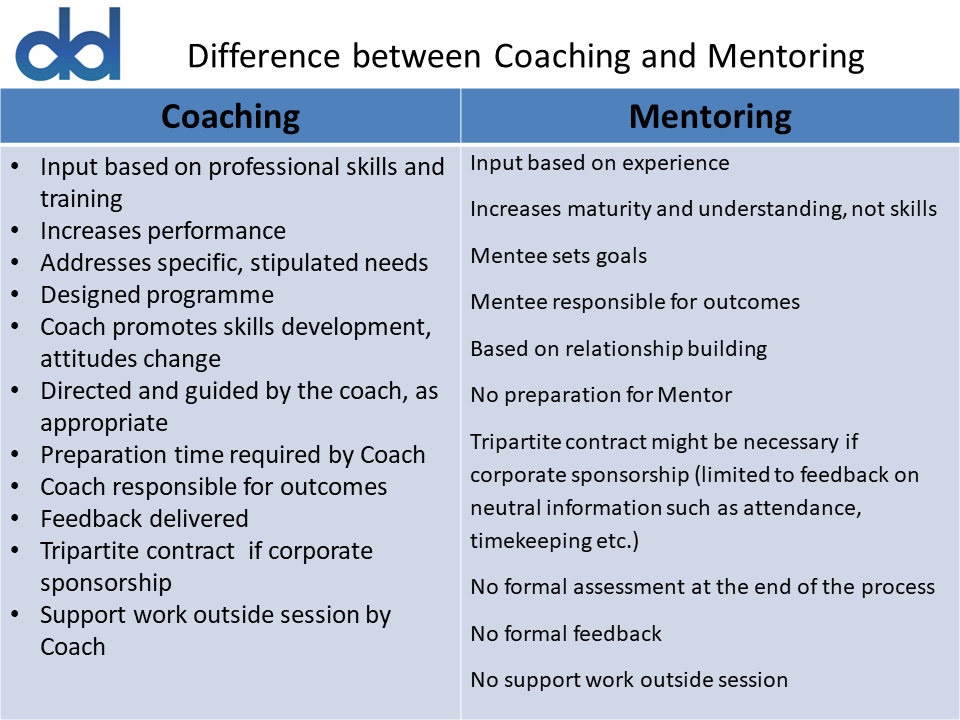Sounds crazy doesn’t it? When a coach is not a coach. And when does not being a coach become a problem? This is especially important if you think you are one already or want to become one.
The word coach means different things to different people. As such it has become horribly mis and over-used. Is it when they have some level of professional or subject matter expertise which they share with others. But isn’t that mentoring? Or consulting or strategist?
Fluid term
The International Coaching Federation (ICF) estimates that in 2019, there were 71,000 career coach practitioners around the world, and that the industry is worth an estimated $2.8bn (£2.1bn) globally.
Apparently the pandemic saw a huge increase in the number on LinkedIn. Many of the new arrivals joined this unregulated sector for a variety of reasons. For some it gave quick access to new profession without too many hoops to jump through so they could pay their bills. They had backgrounds in recruitment, content creation, S.E.O., HR or marketing. I get that.
For others it was just a side hustle on top of their regular corporate job.
After all, everyone has a career and has applied for jobs, been to interviews, and experienced rejection. Right? Some multiple times.
It can’t be that difficult… surely?
Many have hired people, interviewed candidates and read CVs.
It’s just about sharing experience?
Nope – that is mentoring.
Coaching differs from mentoring. While a mentor is typically someone more experienced in the same industry to whom a mentee can turn for guidance, coaching is more about having the skills to guide someone along their own self-discovery journey. A coach is a person who leads another to find their own way.
So why is that a problem? We have all done that haven’t we?
Confusing ego with knowledge
Some of these newbies took the time to get some fast-track, basic qualifications or study. Others just did the equivalent of putting their sign over the door by changing their LinkedIn profile headline. Many can write and optimise a credible CV. They know how algorithms work and they can POLL-ute the hell out of LinkedIn or bust a few viral moves on Tik-Tok, to raise their visibility to become “Dimfluencers.”
I have been writing for years about the “FauxPro” who promote their sometimes dubious opinions as fact. I have also shared many “Gooroo Gems” on some of the absolutely dip-shit nonsense advice I see doled out on a regular basis on various platforms.
But I’m not going to cover that now. This is much more serious.
I am talking about the real damage that people can do when left to their own devices and they have more ego than experience and knowledge. Not the mobile kind.
Huge responsibility
Coaching is a huge responsibility. HUGE. It isn’t about increasing YouTube subscribers or followers. The possibility to do enormous damage is high.
Do these people even consider what happens to people after they follow this rubbish advice and they get ignored, rejected or receive negative feedback? Do they believe this stuff themselves? Or as long as the counter moves they don’t care?
One of the things that you learn early on in coaching training, is to be on the look out for what you don’t know. Coaches in every field may be good at the skills involved in their area of expertise, but if that’s all they know, they could find themselves in trouble. We see this all the time.
This is when the coach is not a coach label applies and the person is a subject matter expert. Sometimes sadly, not even that.
On top of that we have to factor in the current climate.
Mental health
In times of recession, hardship or a global pandemic people have a lot of stuff going on for them that isn’t obvious. Mental health issues have spiked in the last year. There are high levels of stress and anxiety. It can be for a whole host of reasons and manifested in many different ways. Some are expert at hiding how they really feel and have developed sophisticated coping strategies to cover what’s going on for them.
Coaches need to know what red flags they should be looking out for and very importantly, when they need to say “you know this may need another type of specialist.” The ICF code of ethics, states that “if a client is clearly more in need of a therapist or psychiatrist, a career coach has an obligation to refer them to the right specialist.”
Distress
Someone might not make progress in their job search or be able to change self-limiting beliefs and behaviours for any number of reasons. It can be depression, burnout, or historical issues sabotaging their progress. Some have undeclared addictions. All of these challenges may need expert input which can address unresolved issues, behaviours or toxic relationships from other parts of their lives, including their family of origin.
I received this email yesterday from a complete stranger “I am looking for a job in x region. Please check my profile and see if there are any opportunities for me anywhere.”
The gentleman had taken it from a template created by a software engineer / career coach to network with strangers.
Just NOOOOO… No wonder the person had been unemployed for almost a year.
More than a candle
I had multiple calls over the break from individuals who have encountered these newbies.
Holidays can be a huge trigger for many. Whatever happened between them, and I can’t comment on that because I wasn’t there, the interactions triggered old psychological injuries and insecurities. These so called coaches, clearly oblivious, carried on regardless. They came from a range of backgrounds: teaching, content marketing, ex-HR and product management and even a corporate role.
They did not mean to harm, but they simply did not know any better. When unqualified people start dipping into an activity that can impact someone psychologically they can do profound damage.
Coaching clients can’t pull themselves together, get a grip, think happy thoughts or any of those other platitudes. Lighting a scented candle, filling in a calendar, or going for a brisk walk is not going to cut it if there is a psychological injury or old trauma.
They need to be encouraged to seek another kind of professional help and some will be resistant or even ashamed or insulted. It needs to be handled with sensitivity and empathy.
Shifting from subject expert to coach
If you are seriously committed to this path, do everyone, including yourself a service:
- Get a professional qualification with a reputable and recognised body. This is important, not a dodgy online certificate from a country no one has heard of.
- Do your 100 supervised coaching hours and filmed sessions .
- Get yourself a coach.
- Update your professional coaching skills regularly.
- Find a fellow coach to discuss tricky cases in confidence.
And above all understand your limits and when to refer the things you are not qualified to deal with.
If your organisations needs support with succession planning, promotion or career transition –get in touch NOW!






